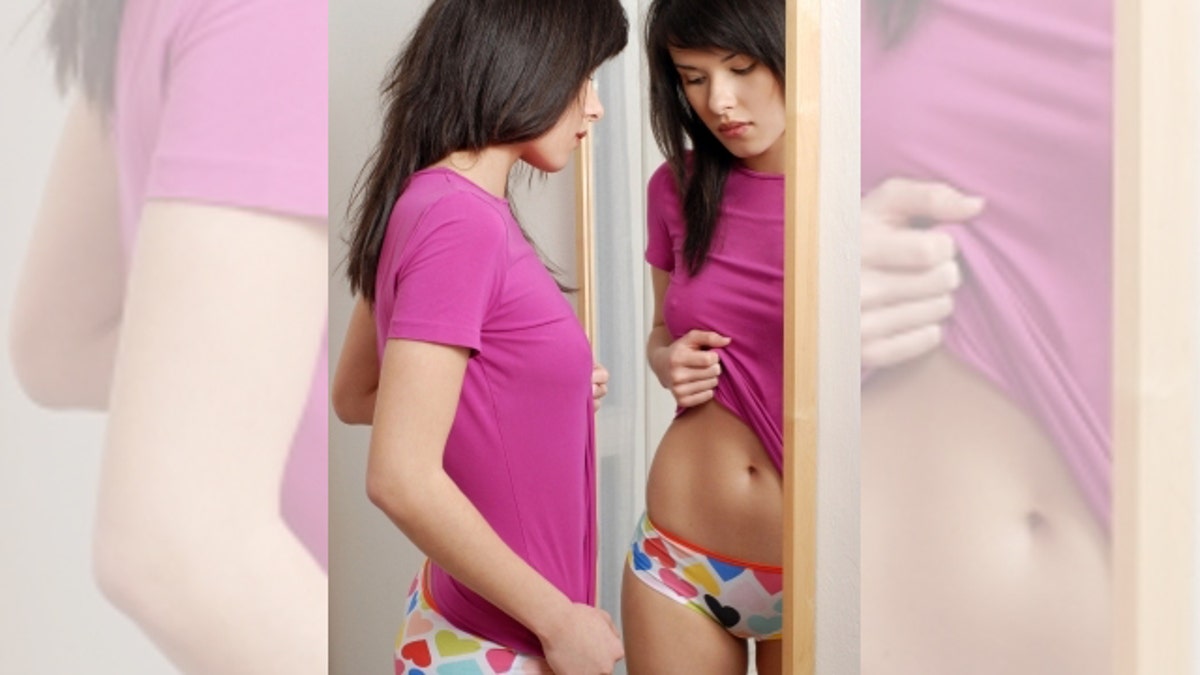
Listening to your heart may help people feel better in their own skin, new research suggests.
[sidebar]
People who are better able to hear their hearts beat are less likely to objectify themselves, or view themselves as objects to be evaluated by looks, according to a study published online Feb. 6 in the journal PLOS ONE.
"If people are able to stand inside their bodies and feel their body, they have a good sense of what's happening inside themselves, and they're less likely to objectify themselves," said study co-author Vivien Ainley, a doctoral candidate in neuroscience at Royal Holloway, University of London.
The findings could have implications for people with anorexia or other body image disorders.
Inside and outside
How well people are able to hear their heartbeat is a good measure of their awareness of being inside their own body. Past research, for instance, showed that people who can accurately count their heartbeats are better than others at sensing their own nervousness and arousal, Ainley told LiveScience.
Other research showed that women are more likely than men to objectify themselves by prizing their body for its beauty, rather than its health or strength.
As far back as 20 years ago, researchers had speculated that women have less sense of being "inside the body" and were more likely to self-objectify, because they are subject to men's sexualized gaze, Ainley said. [Why 6-Year-Old Girls Want to Be Sexy]
"They tend to stand outside themselves and think that the most important view comes from outside the body," Ainley told LiveScience.
Yet no studies had tested that theory.
To do so, Ainley and her colleague Manos Tsakiris asked 50 female students ages 19 to 26 to sit quietly and count their heartbeats for three short stints of 25, 35 and 45 seconds. The participants answered a questionnaire to assess what aspect of their body they valued most: its strength, its health or its attractiveness.
Women who could more accurately count their heartbeats were more likely to choose health or strength, suggesing they viewed their bodies from the inside.
Some evidence suggests this ability is inborn, said Hugo Critchley, a psychiatrist at the Brighton and Sussex Medical School, who was not involved in the study. For instance, Tibetan monks who have spent decades training to do meditation and other types of awareness-boosting exercises are no better at this task than other people, Critchley said.
The findings suggest you could tailor treatments for people with eating disorders and other body image problems, who often have trouble feeling their own bodies from the inside, he said.
"So you wouldn't use the same strategies in one individual who is a poor heartbeat detector versus someone who is a good heartbeat detector," Critchley told LiveScience.
Copyright 2013 LiveScience, a TechMediaNetwork company. All rights reserved. This material may not be published, broadcast, rewritten or redistributed.
